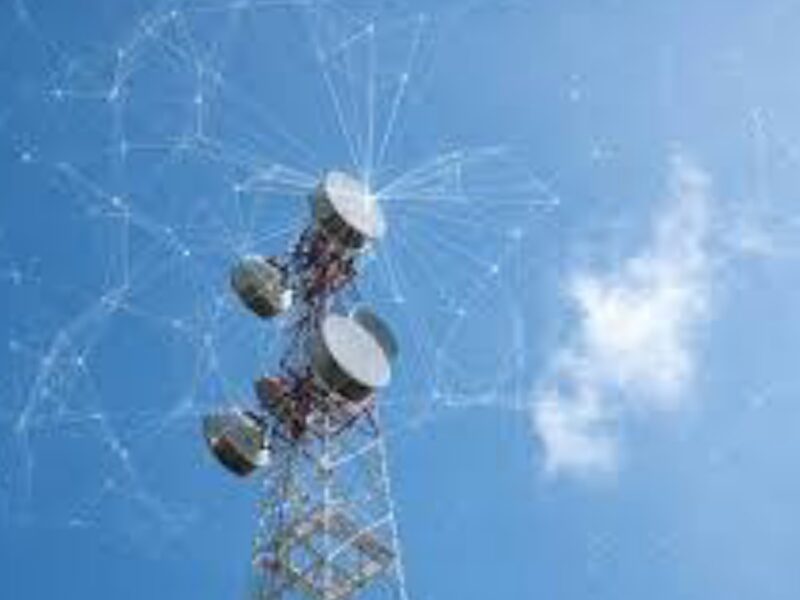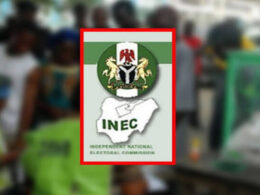According to the NCC’s latest report, Nigerians spent 205.3 billion minutes on outgoing calls and 203.2 billion minutes on incoming calls in 2023, resulting in a total of 408.5 billion minutes. With the tariff hike, telecom operators could generate significant revenue if call volumes remain consistent.
Abuja, Nigeria – The Nigerian Communications Commission (NCC) has approved a 50 per cent increase in call tariffs, raising the average cost of calls to N16.5 per minute.
This decision, announced on Monday, could see Nigerians spending over N6.74tn on calls in 2025, based on 2023 call traffic data.
According to the NCC’s latest report, Nigerians spent 205.3 billion minutes on outgoing calls and 203.2 billion minutes on incoming calls in 2023, resulting in a total of 408.5 billion minutes. With the tariff hike, telecom operators could generate significant revenue if call volumes remain consistent.
MTN to Lead in Revenue Gains
MTN, the leading telecom operator in Nigeria, is projected to benefit the most from the increase. Based on its 2023 traffic data of 122.7 billion outgoing and 123.8 billion incoming minutes, MTN’s combined revenue from calls is expected to exceed N4tn in 2025, accounting for over 60 per cent of the market. Airtel is projected to follow with N1.78tn, while Glo could generate N536.2bn. Smaller operators, such as Smile and Ntel, are expected to earn N5.7bn and N13.1bn, respectively.
Outgoing vs Incoming Call Revenue
Outgoing calls are estimated to contribute N3.28tn, while incoming calls could generate N3.23tn. Despite the rising popularity of data services and over-the-top (OTT) messaging platforms like WhatsApp, voice calls remain a key revenue stream for Nigerian telecom operators.
Impact on SMS Revenue
The tariff hike will also affect SMS costs, increasing rates from N4 to N6 per message. In 2023, Nigerians sent and received 22.97 billion SMS, a decline from 25.92 billion in 2022. At the new rate, telecom operators are expected to earn N137.84bn in 2025, with MTN projected to take the largest share (N100.72bn), followed by Airtel (N26.26bn) and Glo (N8.10bn). Smaller operators, such as EMTS and Smile, will earn N2.75bn and N7.36m, respectively.
NCC Justifies Tariff Hike
The NCC explained that the 50 per cent adjustment was necessary to address inflation and rising operational costs. This decision, capped below the 100 per cent increase requested by some telecom operators, was designed to strike a balance between industry sustainability and consumer protection.
The NCC, in its statement, said, “Tariff rates have remained static since 2013 despite inflation and rising costs in the telecom industry.” The commission assured Nigerians that the adjustment would lead to improvements in network quality, customer service, and coverage.
Consumer Concerns and Legal Action
The tariff hike has been met with resistance from consumer groups. The National Association of Telecoms Subscribers (NATCOMS) and other advocacy groups have expressed concerns over the financial burden it will place on Nigerians.
NATCOMS President Adeolu Ogunbanjo rejected the increase, warning that it would worsen economic hardships. “A 50 per cent increase will cripple Nigerians. We might accept a 5 to 10 per cent increase, but anything beyond that is unacceptable,” he said. Ogunbanjo also threatened legal action if the hike is implemented without addressing subscriber concerns.
Similarly, the President of the Association of Telephone, Cable TV, and Internet Subscribers of Nigeria, Sina Bilesanmi, emphasized the need for improved service delivery. “If we don’t see tangible improvements within two weeks of implementation, we will take legal action against the telcos, the NCC, and the Federal Government,” he said.
February Rollout
The tariff adjustments are set to take effect in February 2025. Consumer groups have vowed to monitor developments and hold operators accountable for service quality. The NCC has urged operators to educate customers on the changes while ensuring transparent implementation.
While some stakeholders support the increase to prevent a collapse of the telecom industry, others have called for alternative funding options, such as Initial Public Offerings (IPOs), to reduce the financial burden on consumers.
Looking Ahead
As the telecom industry braces for the new tariff regime, its projected revenue growth of over N6.74tn highlights the sector’s continued importance to Nigeria’s economy. However, the success of the adjustments will depend on operators’ ability to enhance service quality and address consumer concerns.










Join our Channel...